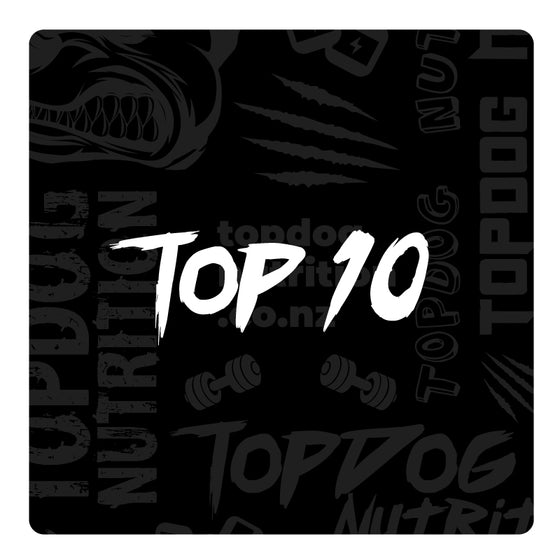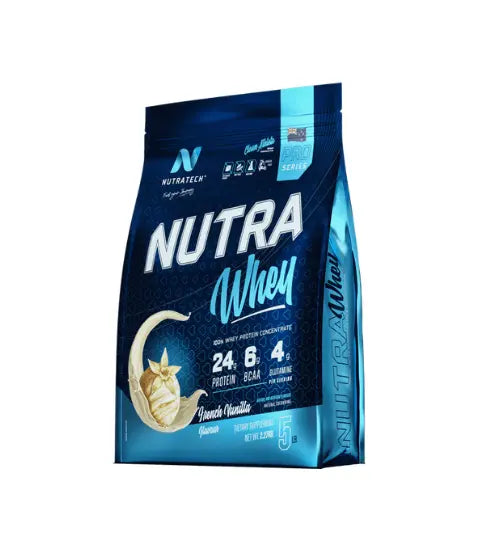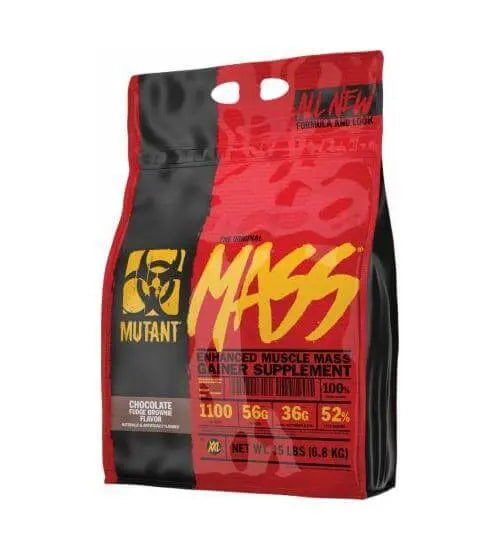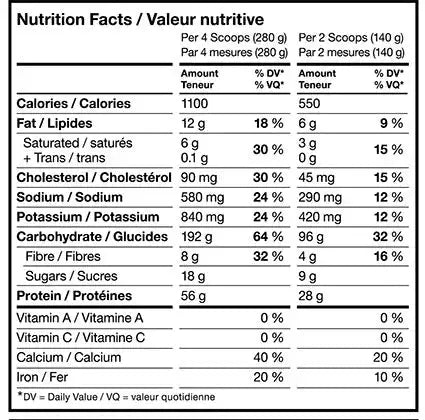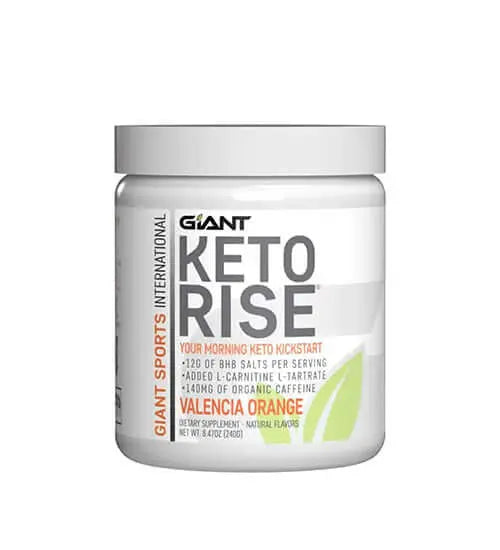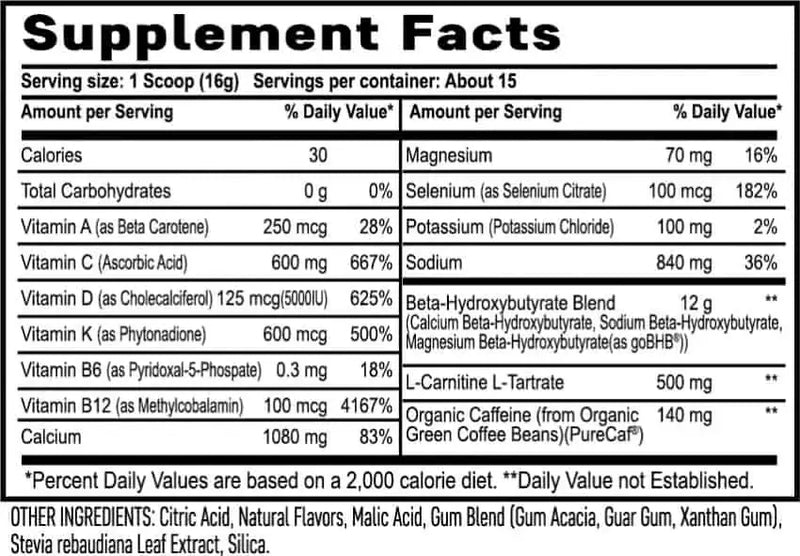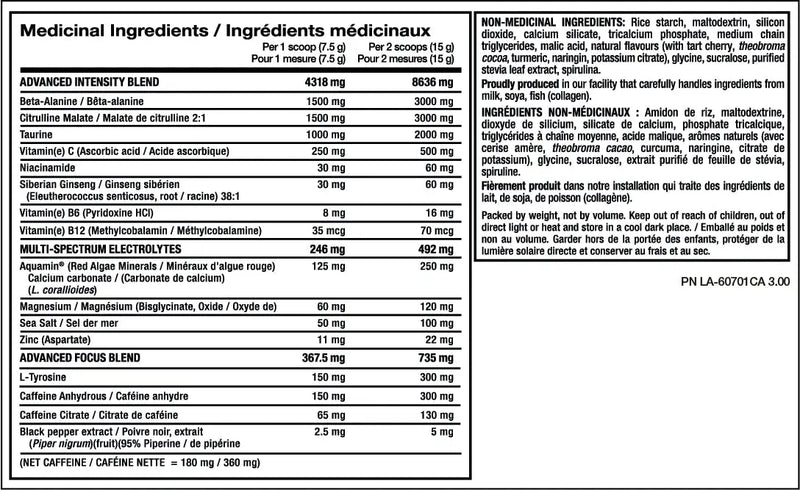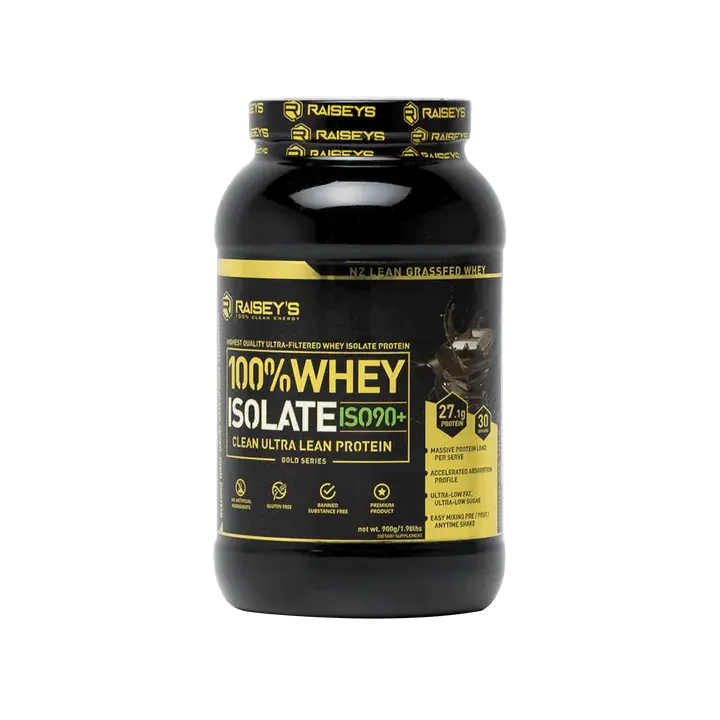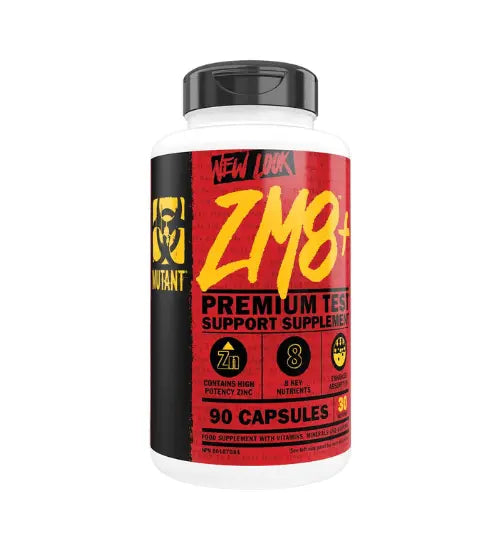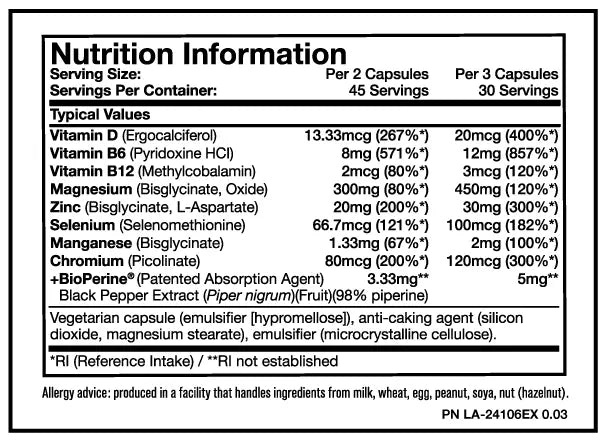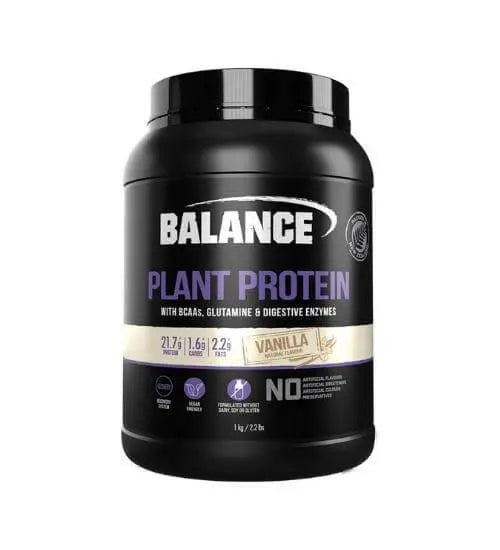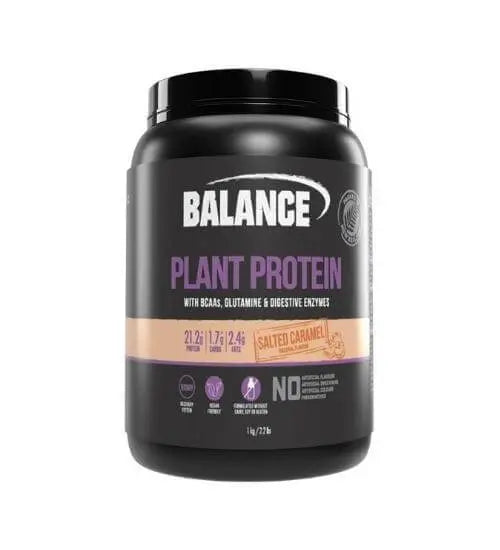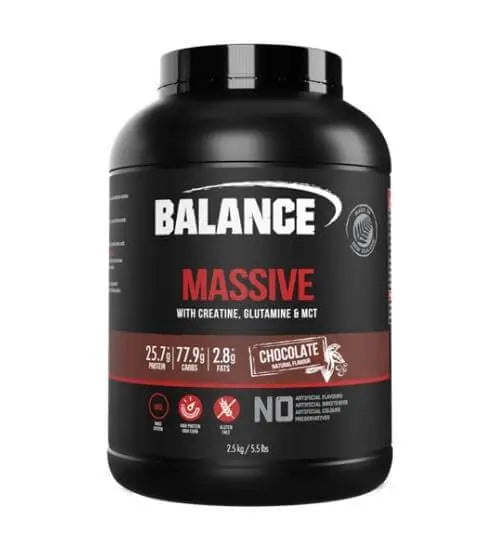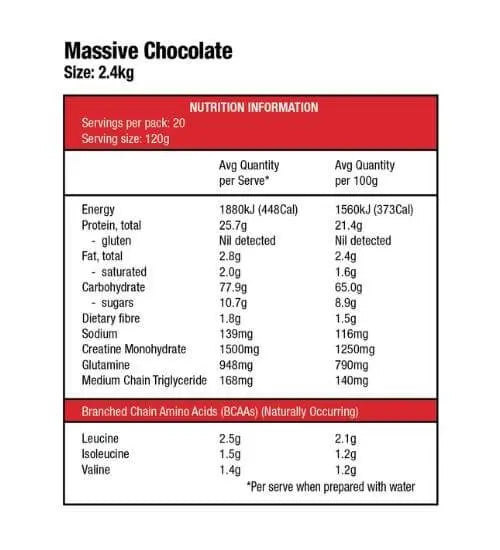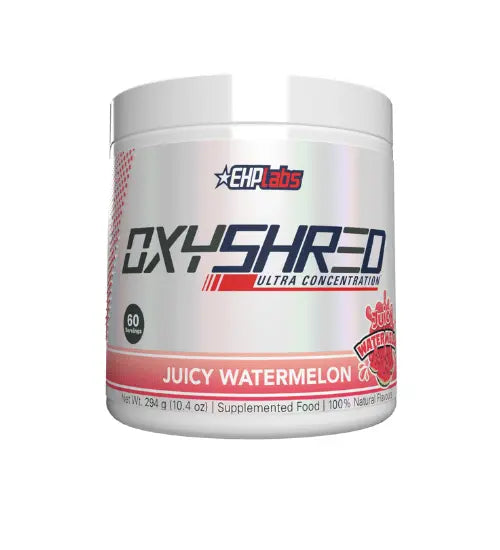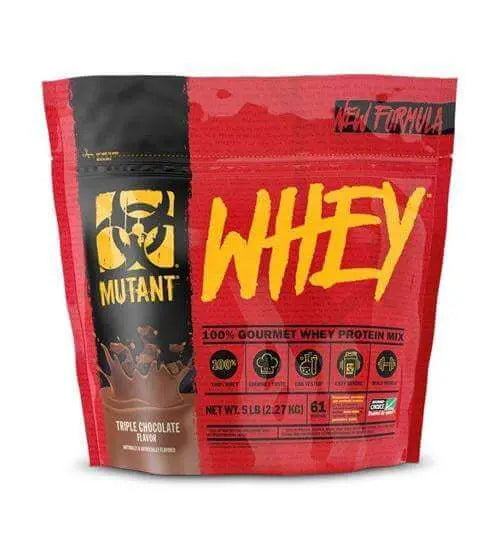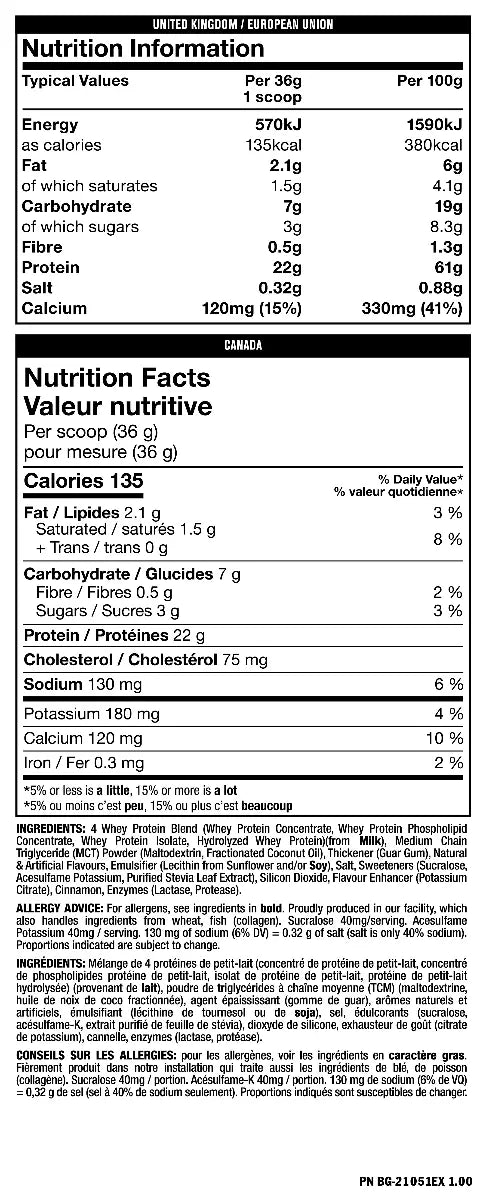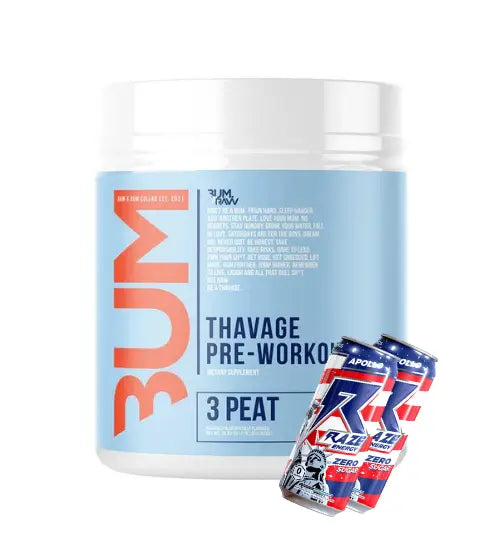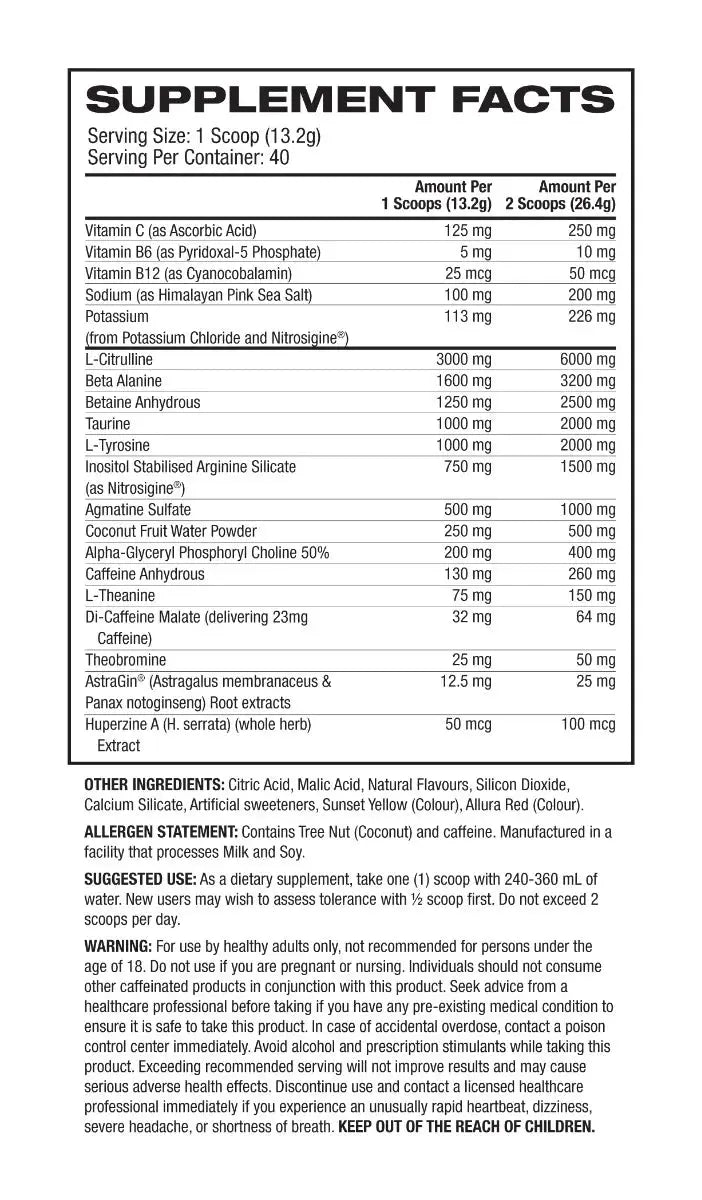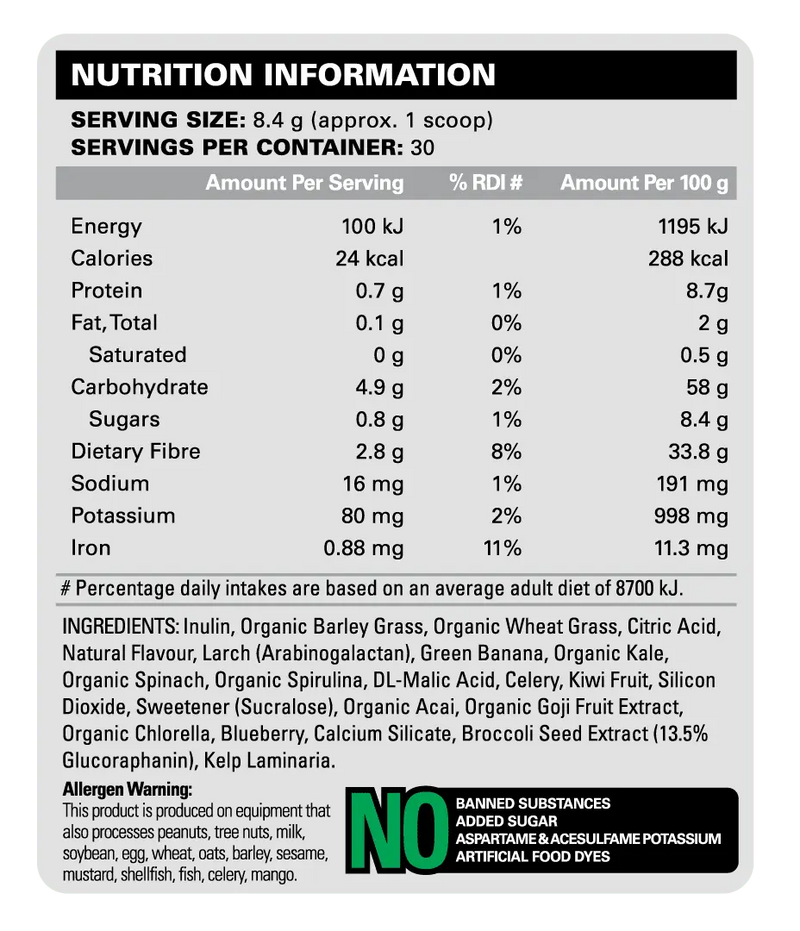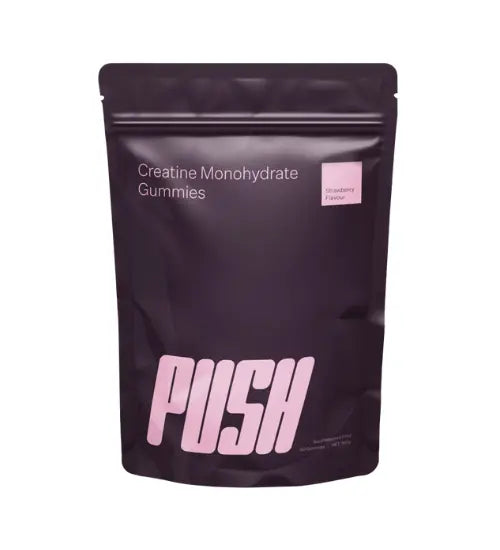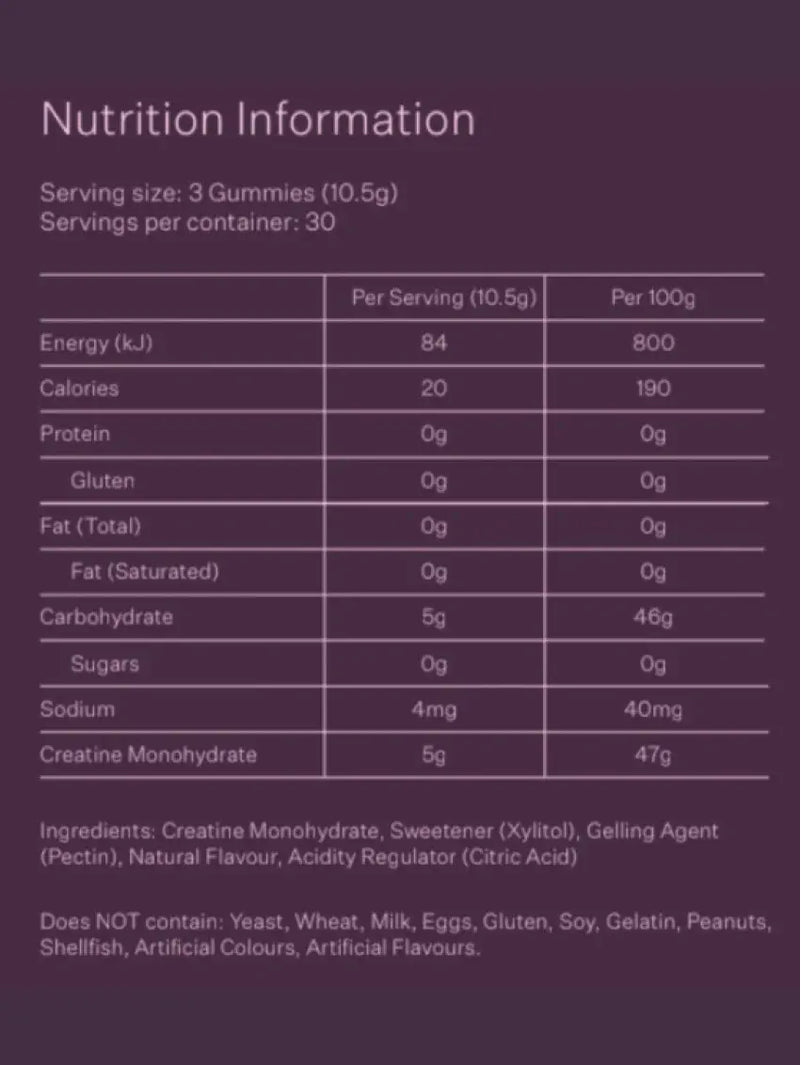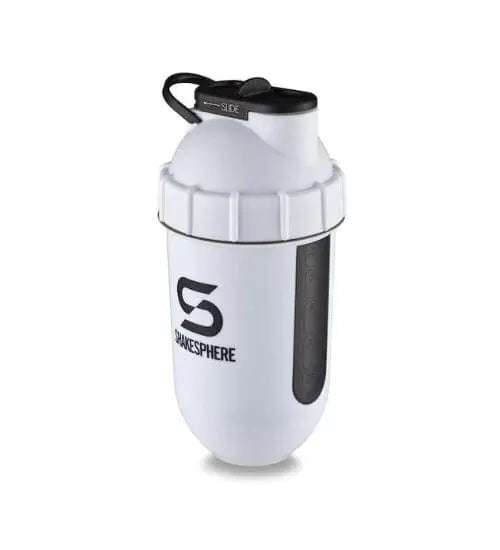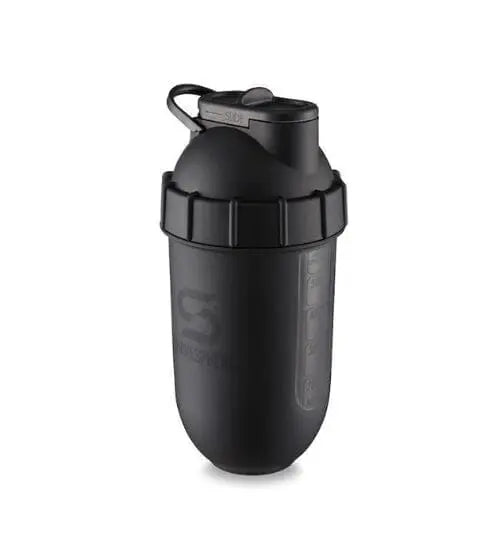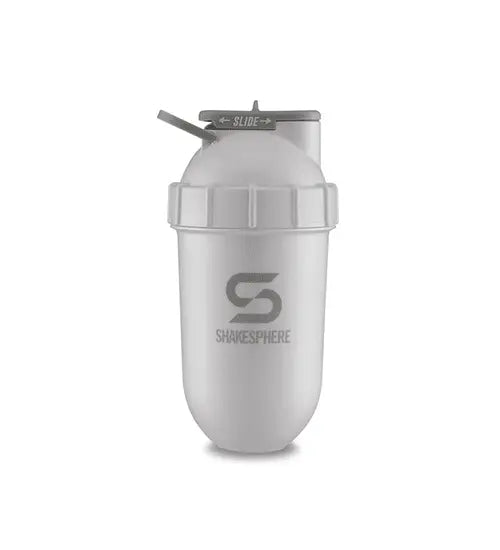
TOPDOG DEALS
FEATURED








LATEST ARRIVALS
TOPDOG BLOG
Why Proteins Help Build Muscle: The Key to Achi...
Are you looking to build muscle and enhance your fitness? If so, it's crucial to understand the role that proteins play in achieving your goals. Proteins, often referred to as the building blocks of life, are essential nutrients that promote muscle growth, repair damaged tissues, and support overall recovery. In this blog post, we will delve into the reasons why proteins are vital for building muscle and provide you with some practical tips on how to incorporate protein-rich foods into your diet.
Protein is a Source of Amino Acids:
Proteins are composed of smaller units called amino acids. These amino acids play a crucial role in muscle development and repair. When you consume protein-rich foods, your body breaks down the proteins into individual amino acids, which are then utilized by your muscles to build and repair tissues. By ensuring an adequate protein intake, you provide your muscles with the necessary building blocks for growth and recovery.
Increased Muscle Protein Synthesis:
Muscle protein synthesis is the process of building new proteins within the muscle fibers. To stimulate muscle protein synthesis, it is important to consume an adequate amount of protein. The essential amino acids present in proteins act as signaling molecules that trigger muscle protein synthesis. By consuming proteins at the right times, such as after workouts or before bed, you can maximize the benefits of muscle protein synthesis and accelerate muscle growth.
Protein Supports Muscle Recovery:
Intense workouts cause micro-tears in your muscle fibers. As your body repairs these tears, muscles become stronger and larger. Protein plays a critical role in the muscle recovery process by providing the necessary amino acids to repair damaged muscle tissues. Consuming protein-rich foods, such as lean meats, eggs, dairy products, and plant-based sources like legumes and quinoa, can aid in muscle recovery, reduce muscle soreness, and enhance overall performance.
Protein Helps Maintain a Healthy Weight:
Protein is known to be highly satiating, meaning it keeps you feeling fuller for longer. By including protein-rich foods in your meals, you can reduce hunger cravings and prevent overeating. This can be particularly useful when trying to maintain a healthy weight or while adhering to a calorie-restricted diet for fat loss. Additionally, proteins have a higher thermic effect compared to carbohydrates and fats, meaning your body requires more energy to digest and metabolize them. This increased calorie expenditure can further support weight management efforts.
Conclusion:
Proteins are an indispensable component of any muscle-building regimen. By providing essential amino acids, promoting muscle protein synthesis, supporting recovery, and aiding in weight management, proteins play a fundamental role in achieving your fitness goals. To maximize the benefits of proteins, ensure that your diet includes a variety of protein-rich sources, such as lean meats, fish, eggs, dairy products, legumes, and plant-based alternatives. Remember, consistency in your protein intake, coupled with a well-rounded exercise routine, will help you build muscle, improve your physique, and optimize your overall health.
Check out our favourite Top 10 Proteins here.
The Pros and Cons of Creatine Supplements for A...
Understanding Creatine
Creatine is a naturally occurring compound found in small amounts in foods like red meat and fish. It plays a crucial role in providing energy to cells, particularly muscle cells, during high-intensity, short-duration activities, such as weightlifting and sprinting.
The Pros of Creatine Supplements
Increased Muscle Strength: Numerous studies have shown that creatine supplementation can enhance muscle strength and power, leading to improved performance during high-intensity, short-burst activities.
Enhanced Muscle Recovery: Creatine supplements may aid in faster muscle recovery between workouts, potentially allowing athletes to train more frequently at higher intensities.
Cellular Hydration: Creatine draws water into muscle cells, promoting cell hydration. This can contribute to a fuller, more volumized appearance in muscles.
Widely Researched: Creatine is one of the most researched supplements in sports nutrition, with numerous studies supporting its efficacy and safety.
The Cons of Creatine Supplements
Water Retention: While increased cellular hydration can be beneficial for muscle size and appearance, it may also lead to temporary water weight gain.
Digestive Issues: Some individuals may experience mild gastrointestinal discomfort when taking creatine supplements.
Not Universally Effective: While many people respond positively to creatine supplementation, not everyone experiences significant performance improvements.
Potential Long-Term Effects: Long-term studies on the effects of prolonged creatine use are limited, so the extended use of creatine supplements is not thoroughly understood.
Proper Usage and Considerations
When considering creatine supplementation, here are some essential tips:
Dosage: A common approach is to start with a "loading phase" of 20 grams per day (divided into four doses) for 5-7 days, followed by a maintenance dose of 3-5 grams per day.
Hydration: Drink plenty of water when taking creatine to support cellular hydration and minimise the risk of cramping or discomfort.
Quality Matters: Choose reputable brands that provide high-quality, tested creatine supplements to ensure purity and safety.
Conclusion
Creatine supplements can be a valuable addition to an athlete's regimen, offering potential benefits in terms of strength, power, and muscle recovery. However, it's essential to weigh these benefits against potential drawbacks and individual considerations.
As with any supplement, consulting a healthcare professional or a nutritionist before starting creatine supplementation is recommended, especially if you have underlying health conditions or concerns. Understanding the pros and cons, along with proper usage guidelines, empowers athletes to make informed decisions about incorporating creatine supplements into their training routine. Ultimately, finding the right balance between supplementation, training, and nutrition is key to achieving your fitness goals safely and effectively.
Fueling Your Workouts: A Guide to Intra-Workout...
Are you looking to supercharge your workouts and elevate your athletic performance to the next level? Intra-workout supplements could be the secret weapon you've been searching for. In this blog post, we'll delve into the world of intra-workout supplements, exploring what they are, how they can benefit your fitness routine, and which products are worth considering.
What Are Intra-Workout Supplements?
Intra-workout supplements are specially designed to be consumed during your exercise regimen. Unlike pre-workout supplements, which are taken before you hit the gym, intra-workout supplements are meant to support you while you're actively working out. They come in various forms, including powders, gels, and even chewable tablets. These supplements typically contain a combination of essential ingredients that help enhance endurance, hydration, and muscle recovery during exercise.
The Benefits of Intra-Workout Supplements
Sustained Energy: Intra-workout supplements provide a steady supply of carbohydrates and electrolytes, helping to maintain your energy levels throughout your workout. This can be particularly beneficial during longer, more intense training sessions.
Improved Hydration: Staying properly hydrated is essential for optimal performance. Intra-workout supplements often contain electrolytes like sodium and potassium, which help replenish lost fluids and prevent dehydration.
Muscle Recovery: Some intra-workout supplements contain amino acids, such as branched-chain amino acids (BCAAs), which are essential for muscle repair and recovery. Consuming them during your workout can reduce post-exercise soreness and support muscle growth.
Reduced Fatigue: The carbohydrates in these supplements can help delay the onset of fatigue, allowing you to work out harder and longer.
Popular Intra-Workout Supplement Ingredients
When looking for the right intra-workout supplement, it's important to consider the ingredients. Some common components to look for include:
BCAAs: These essential amino acids (leucine, isoleucine, and valine) can help prevent muscle breakdown and promote muscle protein synthesis.
Electrolytes: Sodium, potassium, and magnesium are crucial for maintaining proper hydration and preventing muscle cramps.
Carbohydrates: Fast-acting carbohydrates like dextrose or maltodextrin provide a quick energy source.
Vitamins and Minerals: Ingredients like vitamin C and E can have antioxidant properties, which may aid in reducing exercise-induced oxidative stress.
Caffeine: Some intra-workout supplements contain caffeine for an extra energy boost. However, be cautious if you're sensitive to caffeine or work out late in the day.
How to Use Intra-Workout Supplements
To get the most out of your intra-workout supplement, consider the following tips:
Timing: Consume your intra-workout supplement about 15-30 minutes before you start exercising.
Stay Hydrated: Continue drinking water alongside your supplement to stay adequately hydrated.
Know Your Goals: The choice of intra-workout supplement should align with your fitness goals. If you're training for endurance, prioritise carbohydrates and electrolytes. For muscle growth and recovery, look for BCAAs and other amino acids.
Conclusion
Intra-workout supplements can be a valuable addition to your fitness routine, providing you with the energy, hydration, and recovery support you need to power through challenging workouts. However, it's crucial to choose a product that aligns with your goals and preferences. Before incorporating any new supplement into your regimen, it's a good idea to consult with a healthcare professional or fitness expert to ensure it's suitable for you.


